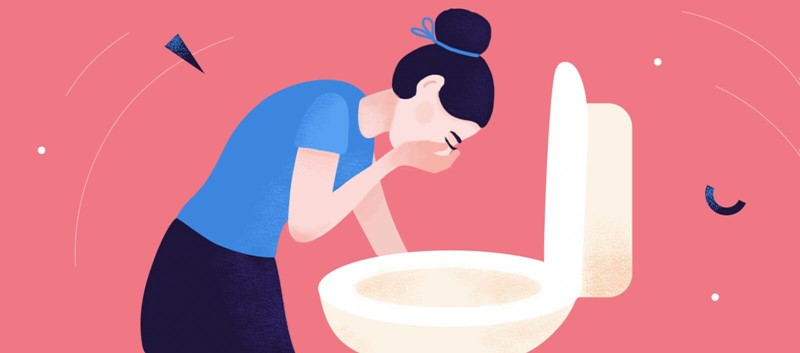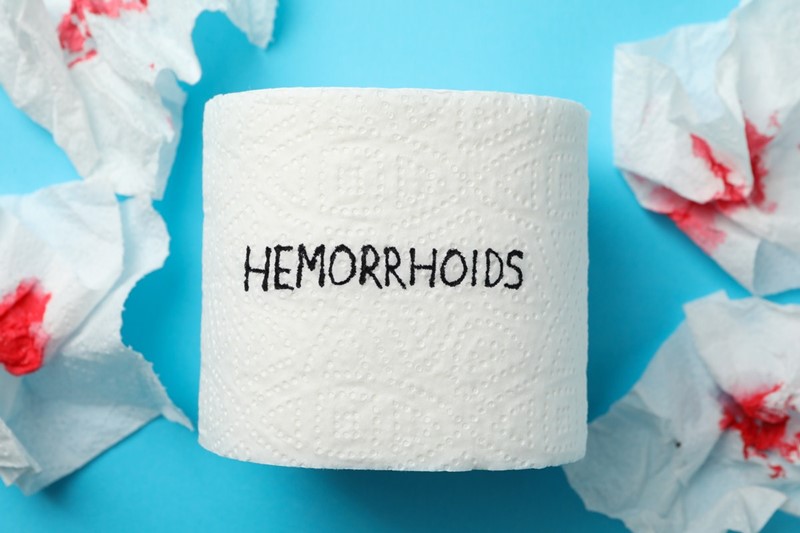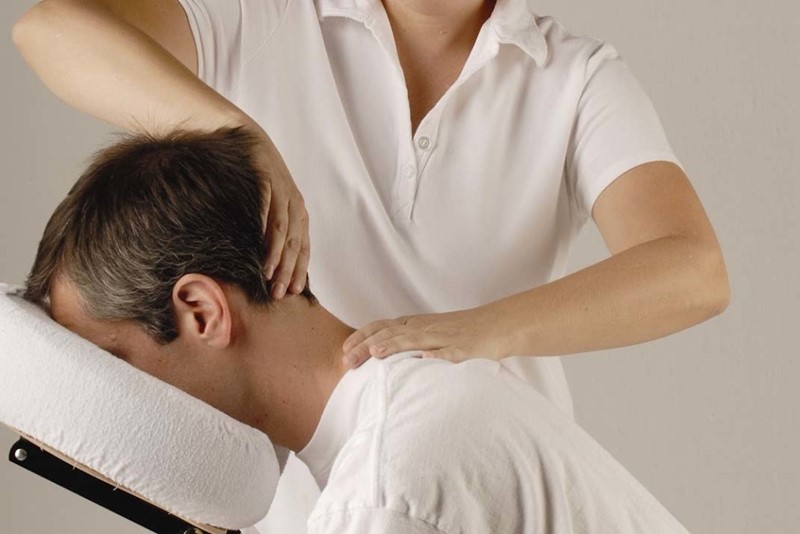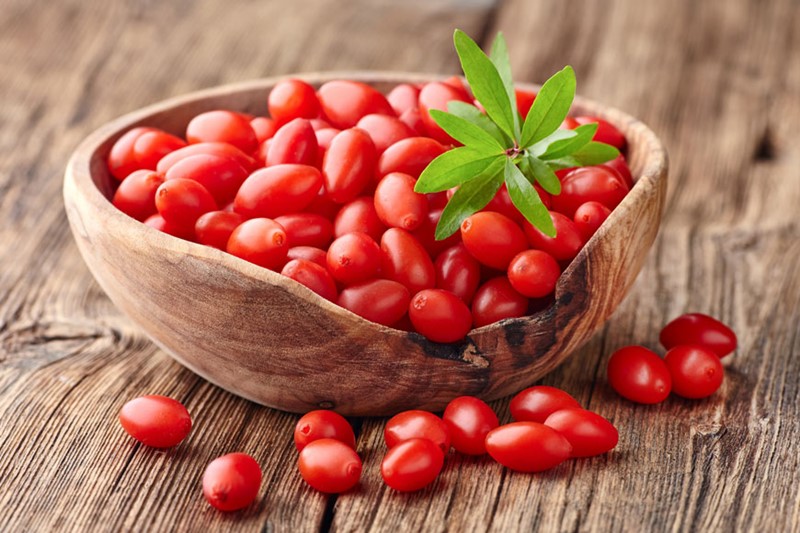Drooling, or the production of too much saliva, is a condition that is not only frequent in young children. Drooling may occur in adults and sometimes elderly people, often as they sleep. Have you ever questioned the causes of this occurrence?
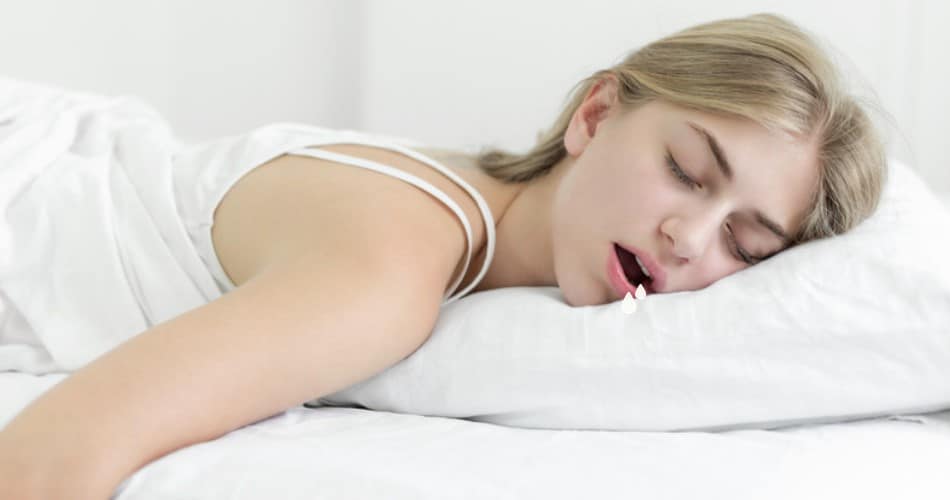
Why does drooling occur when you sleep?
1. **Medication Factors**: Drooling is a side effect of several drugs, notably some anticonvulsants. When selecting a drug, it's important to be informed of any possible adverse effects.
2. **mouth Infections**: Bacteria may thrive easily in the warm, wet environment of the mouth cavity. Cavities and gum disease may be exacerbated by the buildup of food particles or sugary substances in tooth fissures. Drooling may result from oral inflammation that stimulates the production of too much saliva. This problem may be solved by treating oral infections and practicing proper oral hygiene.
3. **Dental Irregularities**: Dental irregularities, particularly projecting front teeth, might make it challenging for the lips to completely cover the teeth while you sleep. Drooling may result from the lips accidentally separating, especially in those with large anterior teeth. This may be resolved by having orthodontic treatment for dental abnormalities.
4. **Mild Cerebral Thrombosis**: Tiny clots in the brain may relax the corner of the mouth and other facial muscles on one side, making it harder to close the lips and reducing the swallowing reflex. This may result in saliva not being swiftly swallowed, which will cause it to leak out. People who have these symptoms and have a family history of stroke risk factors including hypertension or hyperlipidemia should visit a doctor almost once.
5. Neurological Regulation Disorders: In addition to oral conditions, many systemic illnesses may also induce drooling while you sleep. Saliva secretion is controlled by neural reflexes, and problems with neural regulation might cause more saliva to be produced as you sleep. The improper activation of the parasympathetic nervous system while you sleep, which results in excessive salivation, may be caused by disorders of the autonomic nervous system or other systemic illnesses.

Drooling during sleep may have a variety of reasons, from oral health issues to neurological and systemic problems. Drooling as you sleep may be controlled and minimized by determining the underlying cause and properly resolving it. A doctor should be seen if you or someone you know snores often while sleeping, particularly if it occurs in addition to other health issues.

